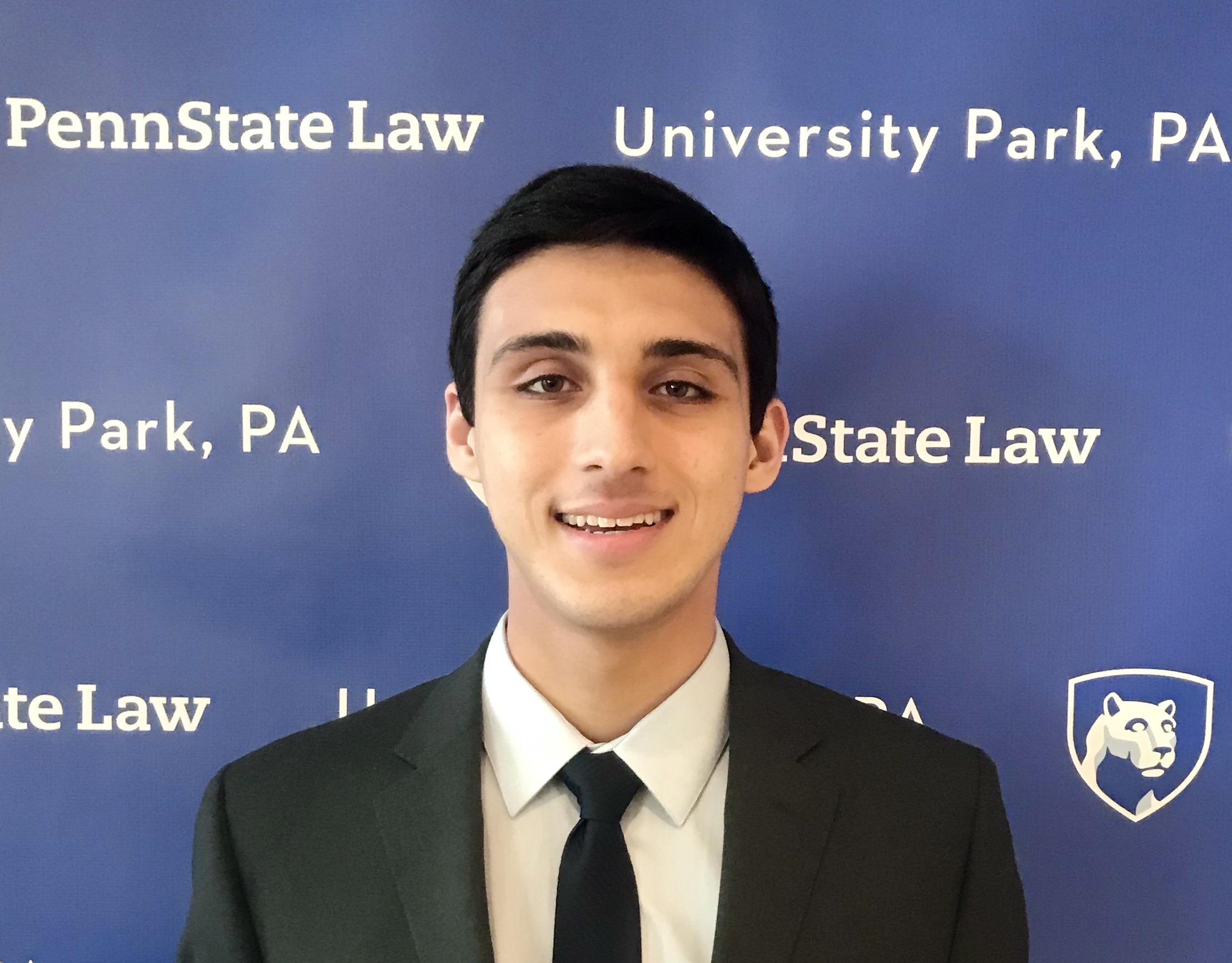By: Maximilian C. Jelen*
Published: March 30, 2020
Studies reveal there is a high prevalence rate of PTSD among first responders—markedly higher than the average employee. First responder-related PTSD has been found to adversely affect the ability of first responders to perform their duties, endangering themselves and society at-large. Yet under current Ohio workers’ compensation law, a claimant may only receive workers’ compensation benefits for a psychiatric condition that develops as a sequela of a compensable physical injury or occupational disease. Ohio’s exclusion of purely psychiatric (mental-mental) claims is problematic because first responders are unable to receive compensation and medical treatment for psychiatric conditions, such as PTSD, that are unaccompanied by a compensable injury.
This Comment argues Ohio’s restrictive stance regarding mental-mental claims is unjustifiable with respect to first responder-related PTSD. This Comment proposes two ways in which the Ohio General Assembly could amend the Ohio Workers’ Compensation Act to provide a narrow exception to Ohio’s categorical exclusion of mental-mental claims, where there would be a rebuttable presumption in favor of providing some amount of workers’ compensation benefits to first responders diagnosed with PTSD, regardless of an accompanying compensable injury.
 Max Jelen is a third-year law student at Penn State Law. He was born and raised in Columbus, Ohio, and graduated from Miami University with a bachelor’s degree in history. Max is an Articles Editor for the Penn State Law Review.
Max Jelen is a third-year law student at Penn State Law. He was born and raised in Columbus, Ohio, and graduated from Miami University with a bachelor’s degree in history. Max is an Articles Editor for the Penn State Law Review.